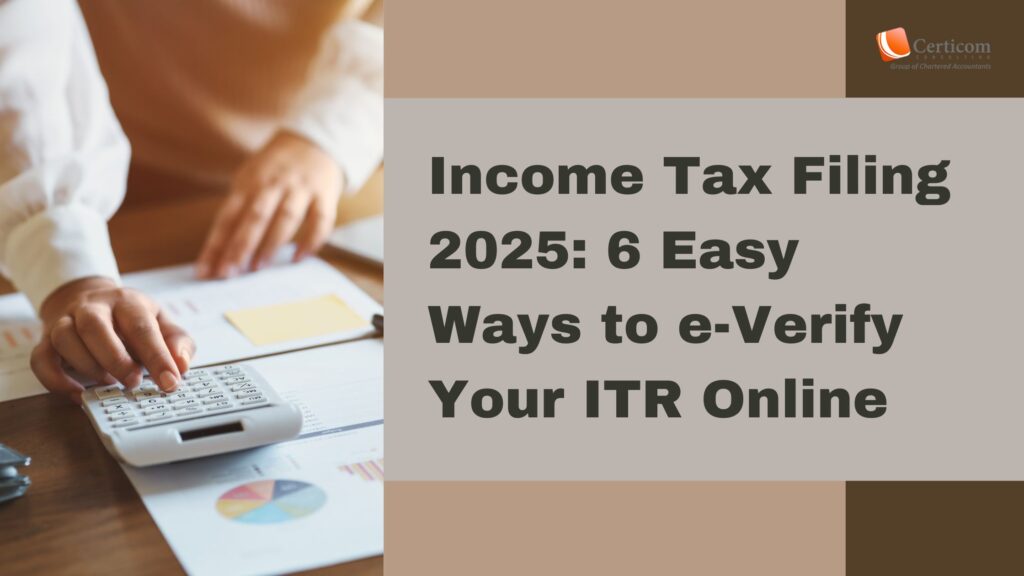Do you know the Appropriate Tax Regime for a Revised Return Filing?

To make things clearer, let’s dive into the key points you need to know when it comes to deciding between the New and Old Tax Regimes and how revisions to your tax return are affected. Tax season can often feel like a maze of rules and regulations, and one of the recent changes that has added complexity for salaried individuals in India is the introduction of the New Tax Regime.
Selection of Tax Regime
You must choose between the Old Tax Regime and the New Tax Regime when submitting your initial tax return under section 139(1). This decision affects the tax rates and deductions that apply to your income.
Old Tax Regime:
You are qualified to use a number of exemptions and deductions under this system, including the HRA (House Rent Allowance), the standard deduction, and deductions under sections 80C, 80D, 80G, etc. Your taxable income is decreased by these deductions, potentially reducing your tax obligation.
New Tax System:
The New Tax Regime offers lower tax rates but eliminates the majority of exemptions and deductions. As a result, you will pay tax on your income at a reduced rate but won’t be able to take advantage of many of the tax breaks offered under the previous tax system.
Revising Your Tax Return
Things start to become intriguing at this point. When filing your initial tax return, if you initially selected the Old Tax Regime, you cannot change to the New Tax Regime when filing a revised tax return for that Assessment Year. Similarly, if you choose the New Tax Regime when filing your initial return, you cannot change your mind and choose the Old Tax Regime for that Assessment Year when filing a revision.

Maintaining Your Original Decision
When amending your return, it’s crucial to maintain the Tax Regime you chose when you first filed. It is forbidden to try to alter the regime while it is being revised. Your return will be handled in accordance with the regime you selected when you filed the initial return in accordance with section 139(1). When you revise your return, there won’t be any notifications or opportunities to switch regimes.
The Benefits of Simplicity
It’s best to keep things simple to make the process as easy as possible. When submitting your initial return, choose the tax regime that best suits your financial condition and aspirations, and then keep consistency when revising.
For opting in to or out of a regime, ITR 1 & 2 forms do not require the filing of form 10IE. As a result, your return will be immediately processed depending on your initial selection, and you won’t have the option of changing your regime during the revision.
In conclusion, carefully weighing your deductions and exemptions is necessary when deciding between the Old and New Tax Regimes. When updating your return for that Assessment Year, it’s critical to stick with the decision you made when you initially filed your return under section 139(1). There won’t be any possibilities to change the way the tax department processes your return; it will be done so in accordance with the regime you first chose. Therefore, keep your tax system straightforward and in line with your financial objectives.-
Related Post
TDS Return Form 26Q: Due Dates, Applicability & Related Forms
Have You Reported Your Foreign Assets in Your Income Tax Return?
Book A One To One Consultation Now For FREE
How can we help? *




